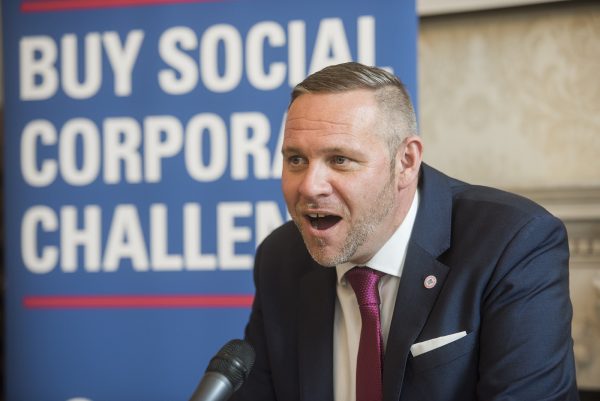In the run-up to the general election, the Social Economy Alliance (SEA) has launched a manifesto for an inclusive economy.
The SEA, which includes co-operatives, community groups, social enterprises and charities, wants the next government to release the potential of businesses that embody social values.
The manifesto highlights how around 31% of social enterprises, some of them co-ops, work in the 20% of UK communities suffering the worst deprivation.
It adds that 40% of social enterprises are led by women, 31% have Black Asian Minority Ethnic directors, and 59% of social enterprises employ at least one person who is disadvantaged in the labour market.
The country’s 7,000 co-ops are owned and controlled by 17.5 million people, it says.
To build on this, the SEA wants to see laws on co-ops and community benefit societies made more user-friendly, allowing them to commit to a social purpose and asset lock, as well as prompting business founders more widely to specify the purpose of their business with Companies House.
Other policy suggestions include:
- Reward good business behaviour through tax incentives, action on tax avoidance, improved tax transparency and socially responsible supply chains
- Reform state aid competition and procurement law after Brexit, taking into account the environmental and social impacts of business
- A more ethical trade policy, with new trade deals maximising the potential for fair trade
- A meaningful engagement with charities, social enterprises and co-ops throughout the Brexit process
- Reinvest profits from outsourcing in a way that benefits society
- Use more than a billon pounds of unclaimed assets to help people take local projects under community control and build local economies – for instance, through co-operative housing or co-operative supporter trusts
- Re-channeling tax breaks to entrepreneurs, workers and people investing in good causes
- An inclusive industrial strategy inspired by the social economy.
Peter Holbrook, chief executive of Social Enterprise UK, founding member and convenor organisation for the group, said: “Social enterprises are thriving, communities are co-operating to take control of local buildings, high streets and services; tens of thousands of people are investing in community energy, and employee ownership is empowering workers.

“This is an opportunity to reshape the boardrooms of Britain. It’s a chance to take back control and in a way that reduces inequalities, heals divisions and strengthens the country for everyone.”
The SEA would also like to see an inclusive economy unit within the Department of Business, with responsibility for supporting social enterprises and co-operatives and helping them grow and replicate.
Alastair Wilson, chief executive of the School for Social Entrepreneurs, another member of the group, said: “Social entrepreneurs have the potential to unlock positive change for communities across the UK. I urge the next government to listen to them so we can build a better economy for all. This is a chance to reinvent capitalism for the 21st century.”
The SEA was created before the 2015 election so businesses and organisations from across the social economy could speak with a single voice.
Its 2015 manifesto helped bring onto the government’s agenda such issues as the development of entrepreneurial apprenticeships, shaping the Social Value Act policy, a consultation on social pensions, and greater transparency for taxpayers.
The group also includes Co-operatives UK, the apex body for co-ops, and Co-operative Energy, which forms part of the Midcounties Co-operative.